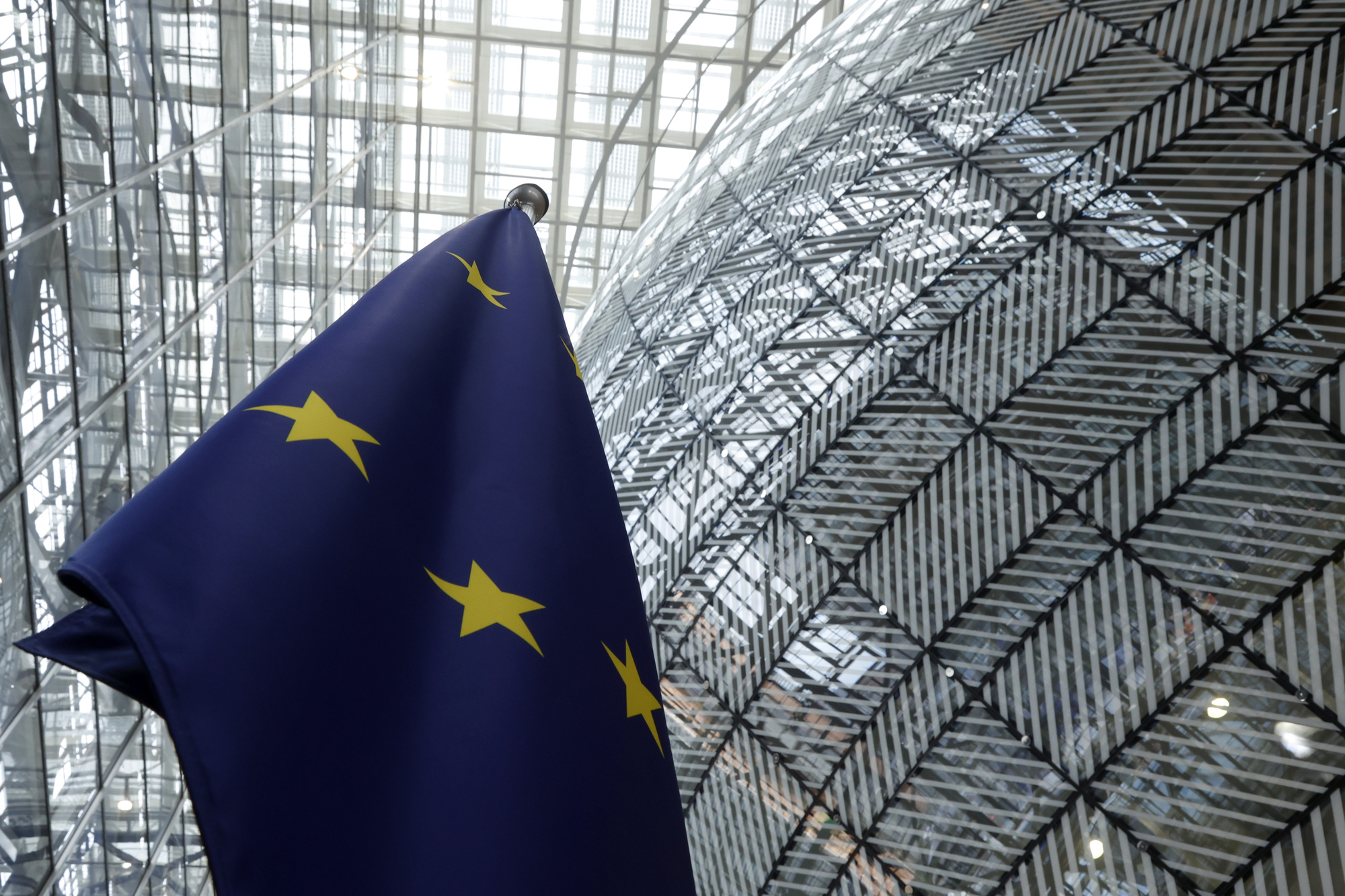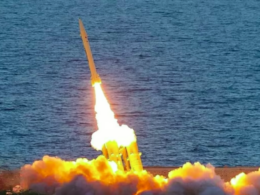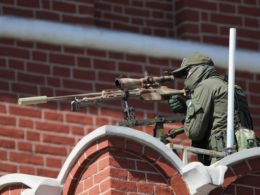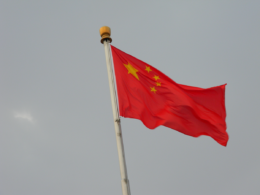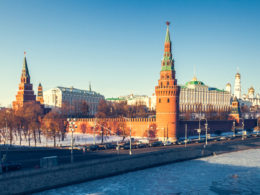Eight European Union finance ministers argue that Western sanctions against Russia are working as intended and should be increased. Furthermore, the ministers believe there are clear signs that not everything is as rosy in Putin’s Soviet-style war economy as Moscow would have us believe.
As published in an op-ed in The Guardian, signed by the eight finance ministers.
In contrast to the Russian narrative, according to which the Russian economy is strong and its war machine unharmed by western sanctions, the finance ministers argue that this is a lie, noting that ”there are many signs that the Russian war economy is deteriorating.”
”Putin and his authoritarian regime want us to believe that Russia stands unmoved by sanctions and other efforts made to support Ukraine, freedom and democracy. Thus, it is extremely important that politicians, the media and economic institutions in the west do not take the information coming out of the Kremlin at face value,” the European finance ministers say.
The ministers give a few examples of what they see as serious distortions within the Russian economy. While Russian GDP may be growing, the economy is increasingly geared towards the war industry, upheld by large fiscal stimulus. This is not an endless source of growth according to the ministers, nor a sign of a stable economy.
In addition, the Kremlin’s war factories are already at maximum capacity. Unemployment has fallen to the point that there are reports that Vladimir Putin approved the replacement of imprisonment for forced labor. The tight labor market has put upward pressure on wages, while the weaker ruble increases import prices and is contributing to increasingly high inflation, despite Russian central bank efforts to fight it with high interest rates.
The ministers argue that Russia has tapped into the liquid assets of the country’s national wealth fund. Estimates by Bloomberg suggest it has almost halved in size since Russia’s full-scale invasion of Ukraine.
”Thus, the country sacrifices its future prosperity to wreak havoc abroad,” the ministers argue.
Moscow has also resorted to several extreme interventions to control the Russian economy. Export bans for gasoline and sugar have been introduced to secure domestic supply. Strict capital controls have been put in place to prevent the exodus of private funds from the country and keep the ruble from free-falling.
Re-Sovietisation of the economy
The European ministers state that ”what could be perceived and mistaken as a “boost” to Russian growth is, in fact, the beginning of a re-Sovietisation of the economy.”
In essence, Russia’s economy is becoming ”Soviet” again, with several hallmarks of a Soviet economy becoming reality: from far-reaching market controls, heavy public spending financed by expropriation of private assets, and a reorientation of the economy towards the war industry, with a total disregard for the social and economic well-being of the population.
”History clearly shows that this is not a successful long-term strategy. The short-term overheating of the economy, fueled by heavy investments in the war industry and very limited access to technology, will likely hinder productivity gains and result in stagnation of the private sector, even more rampant inflation and increasing pressure on Russian households,” the statement reads.
To cover future deficits, Putin will have to use monetary financing, adding more fuel to inflation, and further deplete the Russian cash reserves. If Putin stays on this path, the ministers argue, the long-term damage to the Russian economy could be significant and is likely to further erode confidence.
Maintain and increase pressure
The finance ministers emphasize that the effects of sanctions will be enhanced through patience and resolve from the West: ”We must maintain and increase pressure, while continuing and strengthening our support to Ukraine. Russian propaganda must not be left unchallenged.”
Unlike the story Russia would like to tell, sanctions targeting the Russian war machine are effective and necessary, the publication reads. They have reshaped the geography of Russia’s foreign trade and limited its access to high-priority battlefield items. Between 2022 and 2023, Russian export revenues had decreased by around a third, based on information from the Russian customs service.
The European finance ministers argue that further steps are needed to constrain Russia and support Ukraine. The West should ensure a swift and efficient operationalisation of the G7 agreement on providing loans for Ukraine and explore options for more far-reaching solutions, in accordance with international and EU law. Assets should remain frozen and sanctions should remain in place until Russia has paid for the damage it has caused.
Meanwhile, support for Ukraine needs to be maintained and strengthened, and more weapons and ammunition must be supplied. ”All our nations have contributed significantly to supporting Ukraine, both financially and militarily, and will continue to do so for as long as it takes,” the ministers say.
Both border and source countries should continue working on closing the loopholes that allow delivery of all goods that feed the Russian war machine, directly or indirectly. In particular, the Russian crude oil price cap must be better enforced as we are still seeing trade above the cap at $60 a barrel. It is also essential to implement mirroring sanctions on Belarus and put more pressure on other major enablers of sanction circumvention in Asia and the Middle East.
The European finance ministers urge that now is the best time to up the ante on Russia even more.
”The Ukrainians are fighting an existential battle for freedom and democracy against oppression and authoritarianism. Supporting Ukraine and undermining Russia’s capacity to wage war at every turn should be the top priority of every democratic country. By re-Sovietising the Russian economy, Putin has put it on a path towards its own decline. Now it is time for the West to up the pressure even more,” the ministers proclaim.
Related:
- How EU firms funnel electronics to Russia’s war machine via an obscure Turkish firm
- EU extends economic sanctions on Russia for another 6 months
- EU extends Iran sanctions over Russia support
- EU tightening sanctions regime on Russia by targeting sanction dodgers across Asia
- June sees 4-month low in Russian oil export earnings

